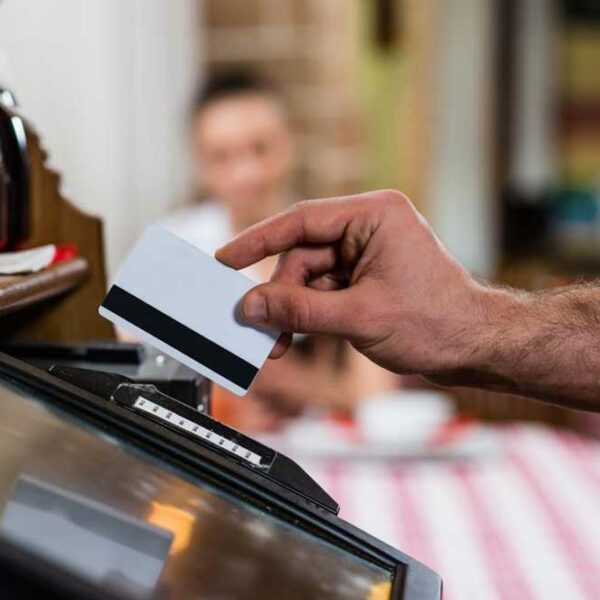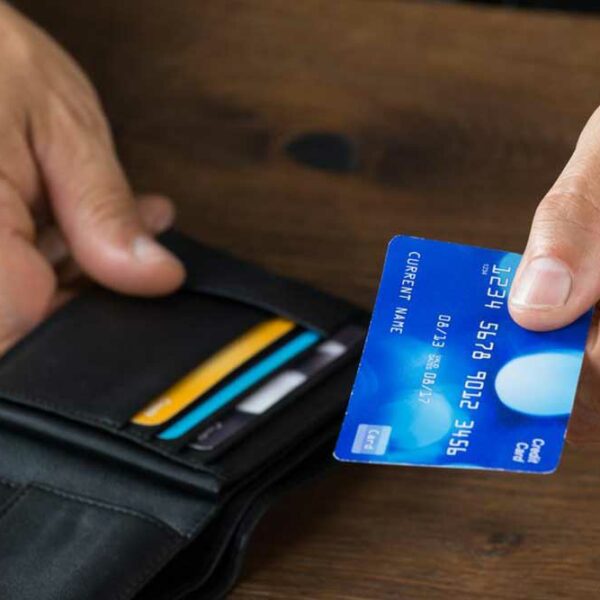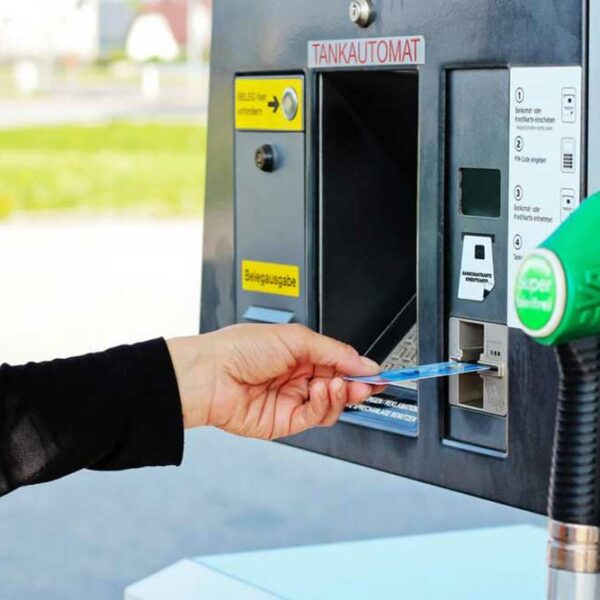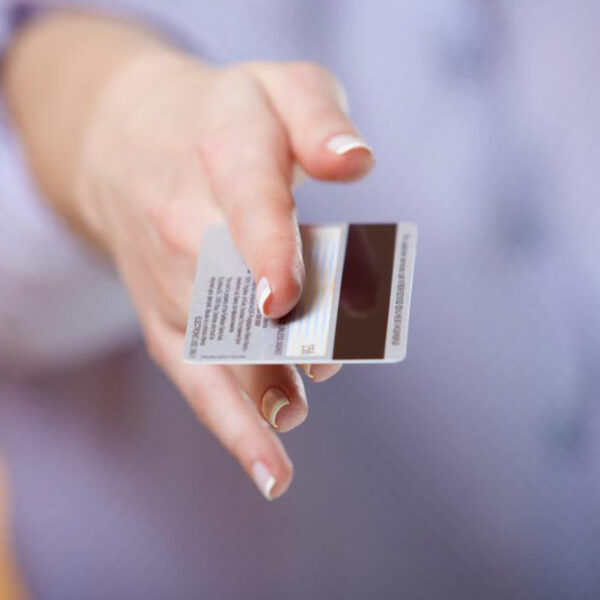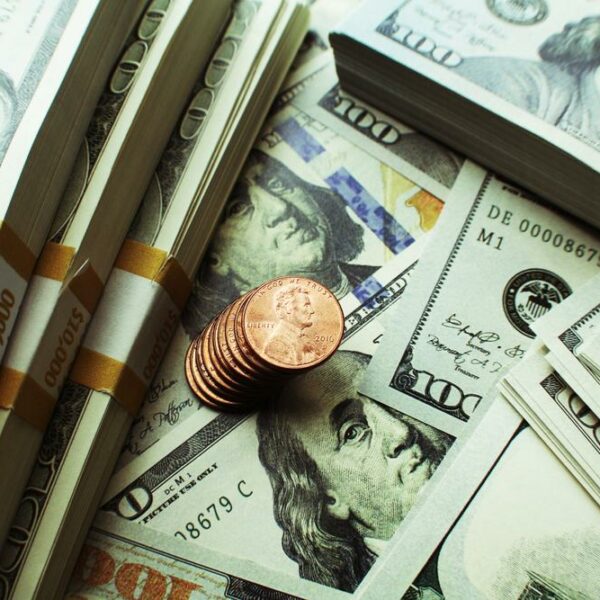
Here’s What You Need To Know About Cash Advances
If you own a credit card, you must be aware of the feature called ‘cash advance.’ The credit card issuer will inform you about cash advances when you apply for the card. A cash advance is an amount of cash that you can borrow against your credit. All credit cards come with a credit limit, and a cash advance will allow you to borrow cash against this limit. You have to pay back the advance with interest. This amount is tied to your credit card and you have to repay it over a period of time. You can also make minimum payments in installments. Features of cash advance Your limit of cash withdrawal depends on the limit of your credit. You need to refer to your account to determine the amount of cash advance you are eligible for. This limit could also be lower than the total limit in case there is a balance on your card. You need to understand that this cash advance feature is not available to customers free of cost. Customers need to pay a fee and this fee includes an interest rate that is higher than the interest rate applicable to all the purchases made by the credit card.


